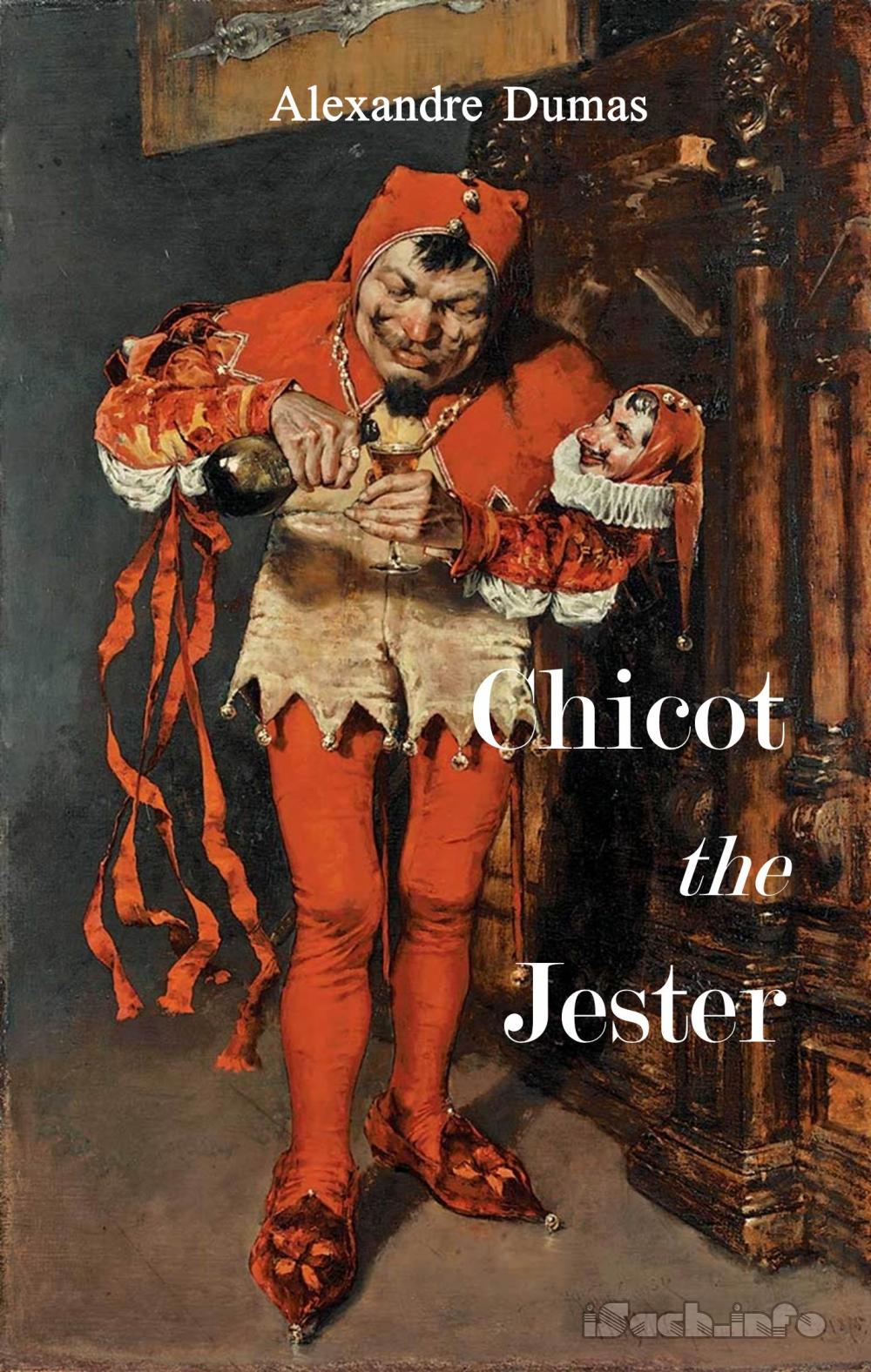Chapter 70: The Inconvenience Of Large Litters And Narrow Doors
B
ussy did not quit Diana; the smiles of Monsoreau gave him a liberty which he was only too glad to make use of."Madame," said he to Diana, "I am in truth the most miserable of men. On the news of his death, I advised the prince to return to Paris, and to come to terms with his mother; he did so, and now you remain in Anjou."
"Oh, Louis," replied she, "we dare not say that we are unhappy; so many happy days, so many joys—do you forget them all?"
"I forget nothing, madame; on the contrary, I remember but too much, and that is why I suffer as I do at losing this happiness. What shall I do if I return to Paris, a hundred leagues from you? My heart sinks at the thought, Diana."
Diana looked at him, and saw so much grief in his eyes, that she said, "Well, if you go to Paris, I will go also."
"How! will you quit M. de Monsoreau?"
"No, he would not allow me to do so; he must come with us."
"Wounded, ill as he is? Impossible!"
"He will come, I tell you." And, leaving Bussy, she went to the prince. The count frowned dreadfully.
"Monseigneur," said she, "they say your highness is fond of flowers; if you will come with me, I will show you the most beautiful in Anjou."
The duke offered her his hand.
"Where are you about to take monseigneur?" asked Monsoreau uneasily.
"Into the greenhouse."
"Ah! well, carry me there."
"Ma foi!" thought Rémy, "I was right not to kill him, for he will soon kill himself."
Diana smiled on Bussy, and said to him, in a low voice, "Do not let M. de Monsoreau suspect that you are about to leave Anjou, and I will manage all."
"Good!" said Bussy, and approaching the prince, he whispered, "Do not let Monsoreau know that we intend to make peace."
"Why not?"
"Because he might tell the queen-mother, to make a friend of her."
"You suspect him, then?"
"Yes, I do."
"Well, so do I; I believe he only counterfeited death to deceive us."
"No, he really received a sword-thrust through his body, and but for that fool of a Rémy, he would have died; I believe his soul must be glued to his body."
They arrived at the conservatory, and Diana continued to smile charmingly on the prince. He passed first, then Diana, and Monsoreau wished to follow, but it was impossible. His litter was too large to go through the door. At this sight he uttered a groan. Diana went on quietly, without looking at him, but Bussy, who understood her, said to him:
"It is useless to try, M. le Comte, your litter will not pass."
"Monseigneur!" cried Monsoreau, "do not go into that conservatory, some of the flowers exhale dangerous perfumes."
Then he fainted, and was carried to his room.
Bussy went to tell Diana what had happened, and she left the duke to go to the castle.
"Have we succeeded?" said Bussy to her as she passed.
"I hope so; do not go away without having seen Gertrude."
When Monsoreau opened his eyes again, he saw Diana standing at his bedside.
"Ah! it is you, madame," said he, "to-night we leave for Paris."
Rémy cried out in horror, but Monsoreau paid no attention.
"Can you think of such a thing, with your wound?" said Diana, quietly.
"Madame, I would rather die than suffer, and were I to die on the road, we start to-night."
"As you please, monsieur."
"Then make your preparations."
"My preparations are soon made, but may I ask the reason of this sudden determination?"
"I will tell you, madame, when you have no more flowers to show to the prince, and when my doors are large enough to admit litters."
Diana bowed.
"But, madame——" said Rémy.
"M. le Comte wishes it," replied she, "and my duty is to obey." And she left the room.
As the duke was making his adieux to the Baron de Méridor, Gertrude appeared, and said aloud to the duke that her mistress regretted that she could not have the honor of saying farewell to his highness; and softly to Bussy that Diana would set off for Paris that evening. As they went home again, the duke felt unwilling to leave Anjou now that Diana smiled on him. Therefore he said, "I have been reflecting, Bussy," said he.
"On what, monseigneur?"
"That it is not wise to give in at once to my mother."
"You are right, she thinks herself clever enough without that."
"But by dragging it on for a week, and giving fêtes, and calling the liability around us, she will see how strong we are."
"Well reasoned, but still——"
"I will stay here a week; depend upon it I shall draw new concessions from the queen."
Bussy appeared to reflect. "Well, monseigneur," said he, "perhaps you are right, but the king, not knowing your intentions, may become annoyed; he is very irascible."
"You are right, but I shall send some one to the king to announce my return in a week."
"Yes, but that some one will run great risks."
"If I change my mind, you mean."
"Yes, and in spite of your promise, you would do so if you thought it your interest."
"Perhaps."
"Then they will send your messenger to the Bastile."
"I will give him a letter, and not let him know what he is carrying."
"On the contrary, give him no letter, and let him know."
"Then no one will go."
"Oh! I know some one."
"Who?"
"I, myself."
"You!"
"Yes, I like difficult negotiations."
"Bussy, my dear Bussy, if you will do that, I shall be eternally grateful."
Bussy smiled. The duke thought he hesitated.
"And I will give you ten thousand crowns for your journey," added he.
"Thanks, monseigneur, but these things cannot be paid for."
"Then you will go?"
"Yes."
"When?"
"Whenever you like."
"The sooner the better."
"This evening if you wish it."
"Dear Bussy."
"You know I would do anything for your highness. I will go to-night; you stay here and enjoy yourself, and get me something good from the queen-mother."
"I will not forget."
Bussy then prepared to depart as soon as the signal arrived from Méridor. It did not come till the next morning, for the count had felt himself so feeble that he had been forced to take a night's rest. But early in the morning a messenger came to announce to Bussy that the count had set off for Paris in a litter, followed on horseback by Rémy, Diana, and Gertrude. Bussy jumped on his horse, and took the same road.



 ePub
ePub A4
A4